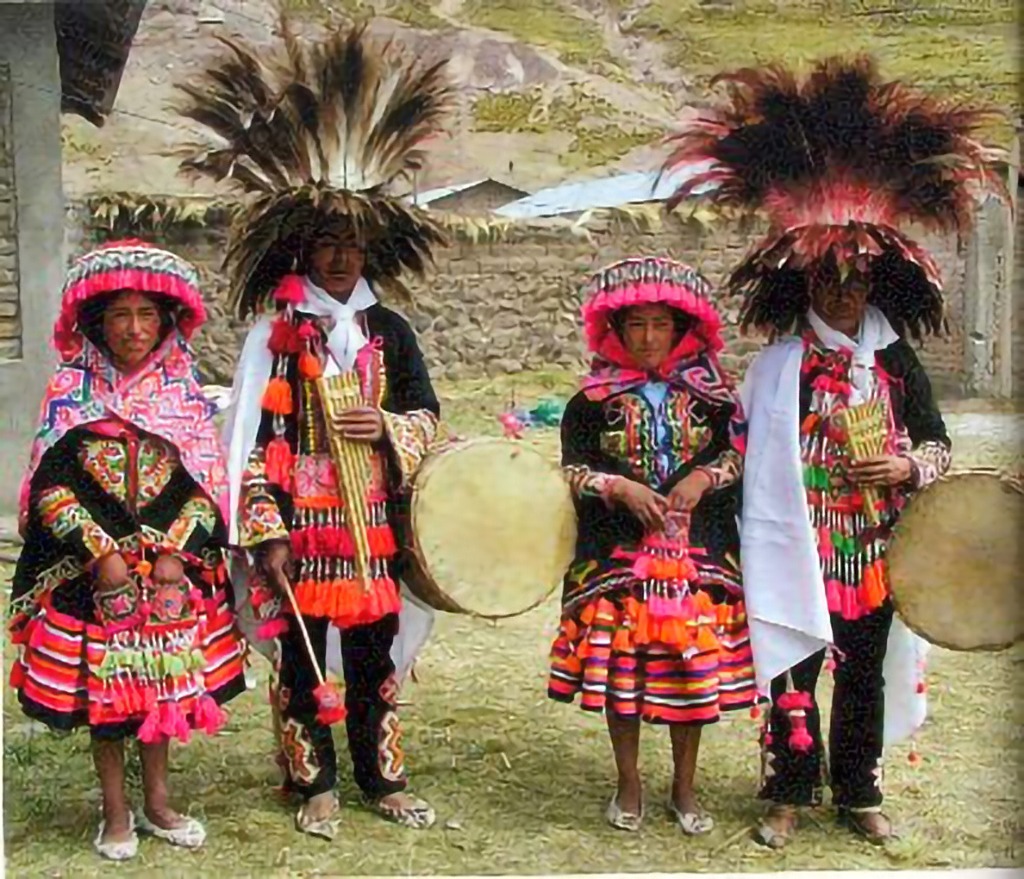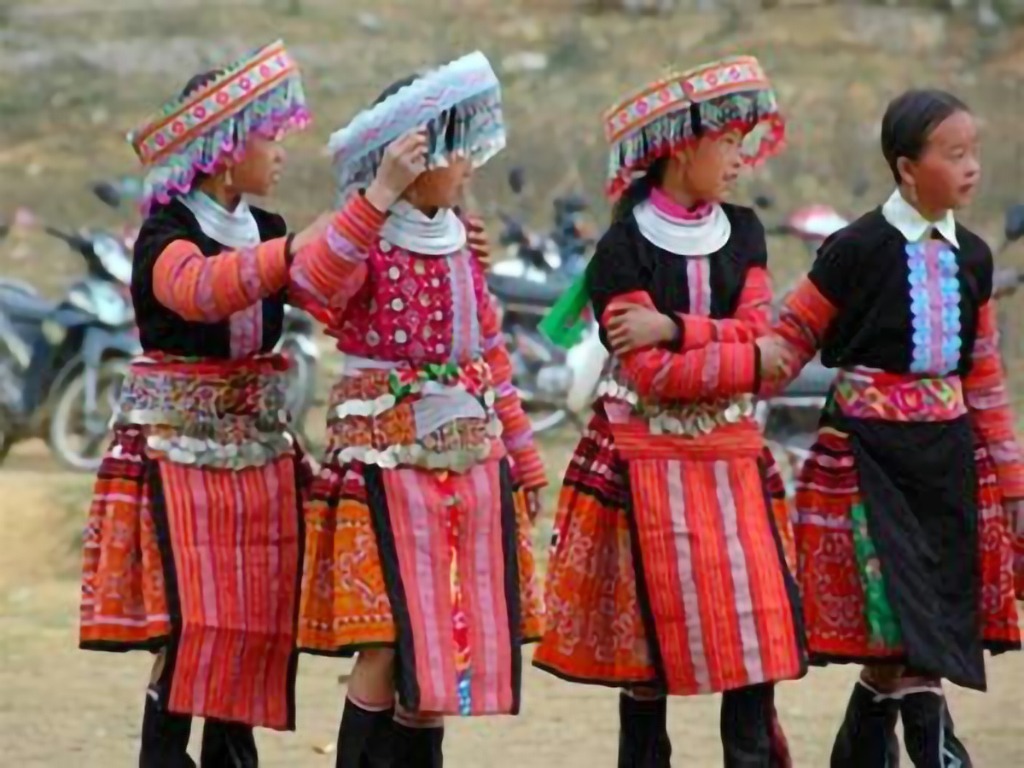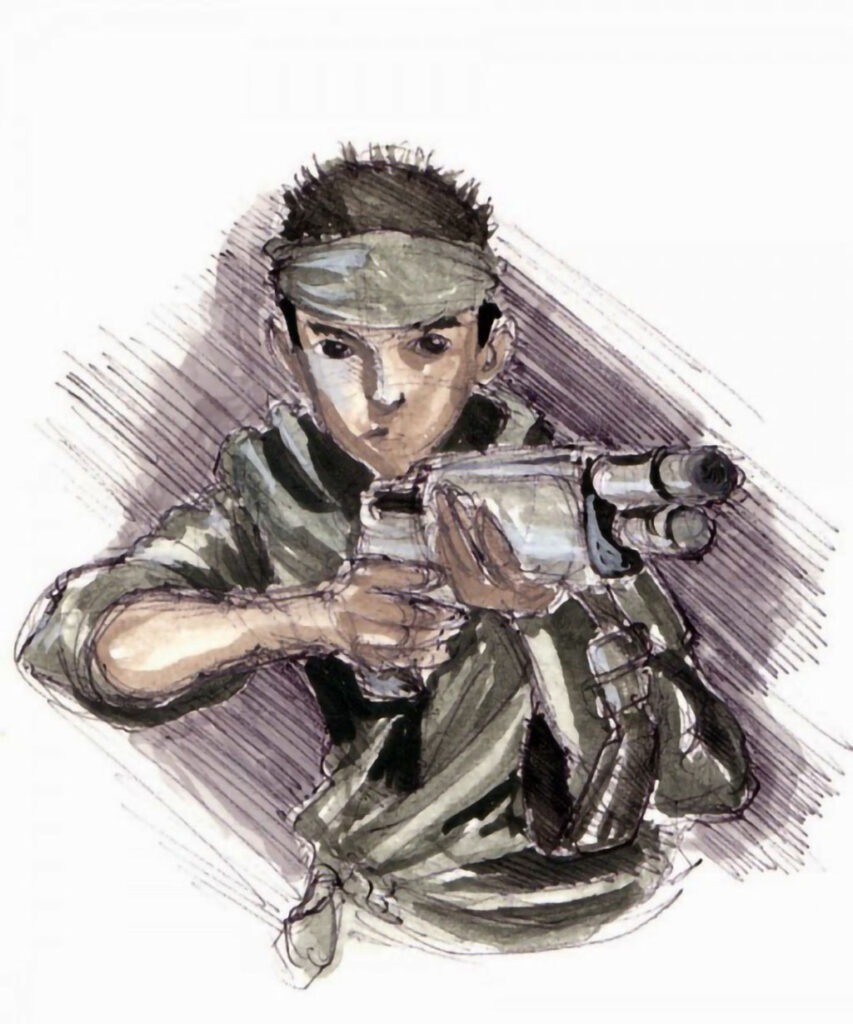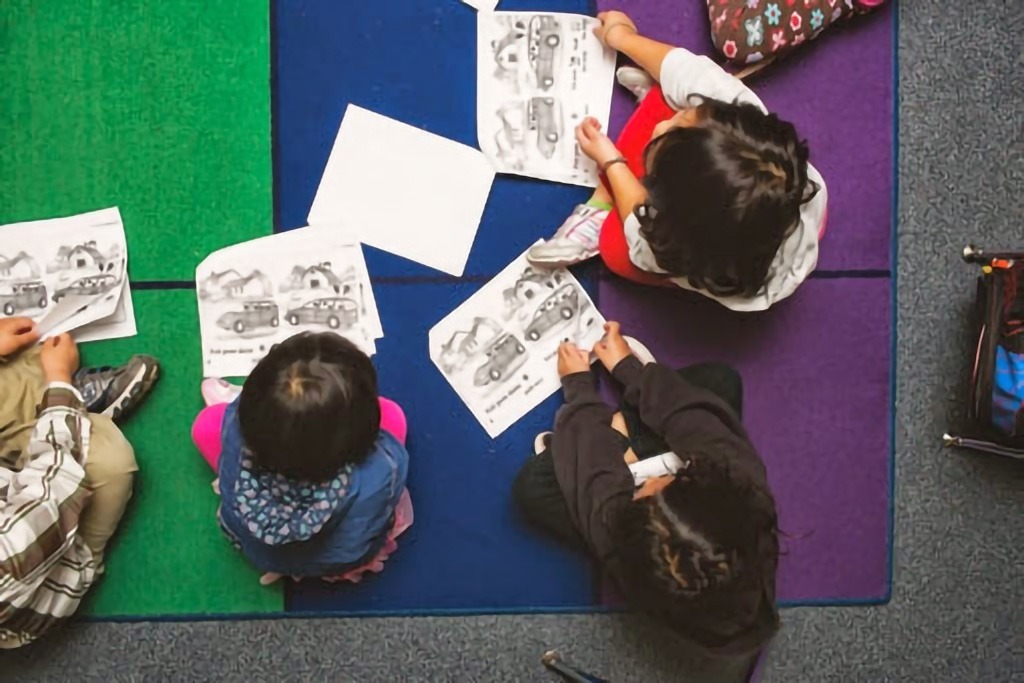
Inca And Hmong: Similarities Are SUPER Striking!!
Striking Similarities Between Inca and Hmong Cultures: A Visual and Cultural Exploration
Discover the striking similarities between Inca (South American Natives) and Hmong cultures! From intricate textiles to shared traditions, this fascinating comparison will leave you amazed. Learn more: www.incaglossary.org & vietnamcharm.com.


Introduction
Cultural connections across continents often spark fascination, especially when striking similarities between distant groups come to light. One such intriguing comparison is between the Inca people of South America and the Hmong community of Southeast Asia. From visual aesthetics to shared cultural elements, these two seemingly disparate cultures reveal some fascinating parallels.
Visual Similarities That Make You Look Twice
The initial spark of interest often comes from striking visual resemblances. A glance at traditional Inca and Hmong clothing, for example, reveals vibrant colors, intricate patterns, and detailed craftsmanship. These features serve not only aesthetic purposes but also hold deep cultural significance, representing identity, status, and heritage.
Check out these resources for a deeper dive:
- Inca (South American Natives): IncaGlossary.org
- Hmong: VietnamCharm.com
Cultural Parallels
Beyond appearances, both groups share cultural elements rooted in their connection to the natural world and ancestral traditions.
- Spiritual Beliefs: The Inca and Hmong both honor spirits of nature, ancestors, and sacred rituals, highlighting their spiritual connection to the land and community.
- Agricultural Practices: Both cultures rely on intricate farming systems. The Inca perfected terraced agriculture, while the Hmong developed sophisticated farming methods in mountainous regions.
- Storytelling and Oral Traditions: Rich storytelling and oral history are integral to preserving each group’s heritage.
Why These Similarities Matter
The parallels between the Inca and Hmong cultures emphasize how human societies, despite geographical divides, can develop shared practices and values. These connections spark deeper questions about migration, shared ancestry, and global cultural development.
Conclusion
While the Inca and Hmong may belong to vastly different parts of the world, their striking similarities remind us of the interconnectedness of human cultures. Exploring these connections opens pathways to appreciate and understand the beauty of global heritage.





Wow!!! That is amazing.
Interesting
Yea, it really goes to show that the Hmongs have a serious connection with the Natives and the people of South America.
Wow.. that’s amazing..
very interesting picture.
I thought so too!
https://sphotos-b.xx.fbcdn.net/hphotos-ash3/545025_522014647819216_833684787_n.jpg